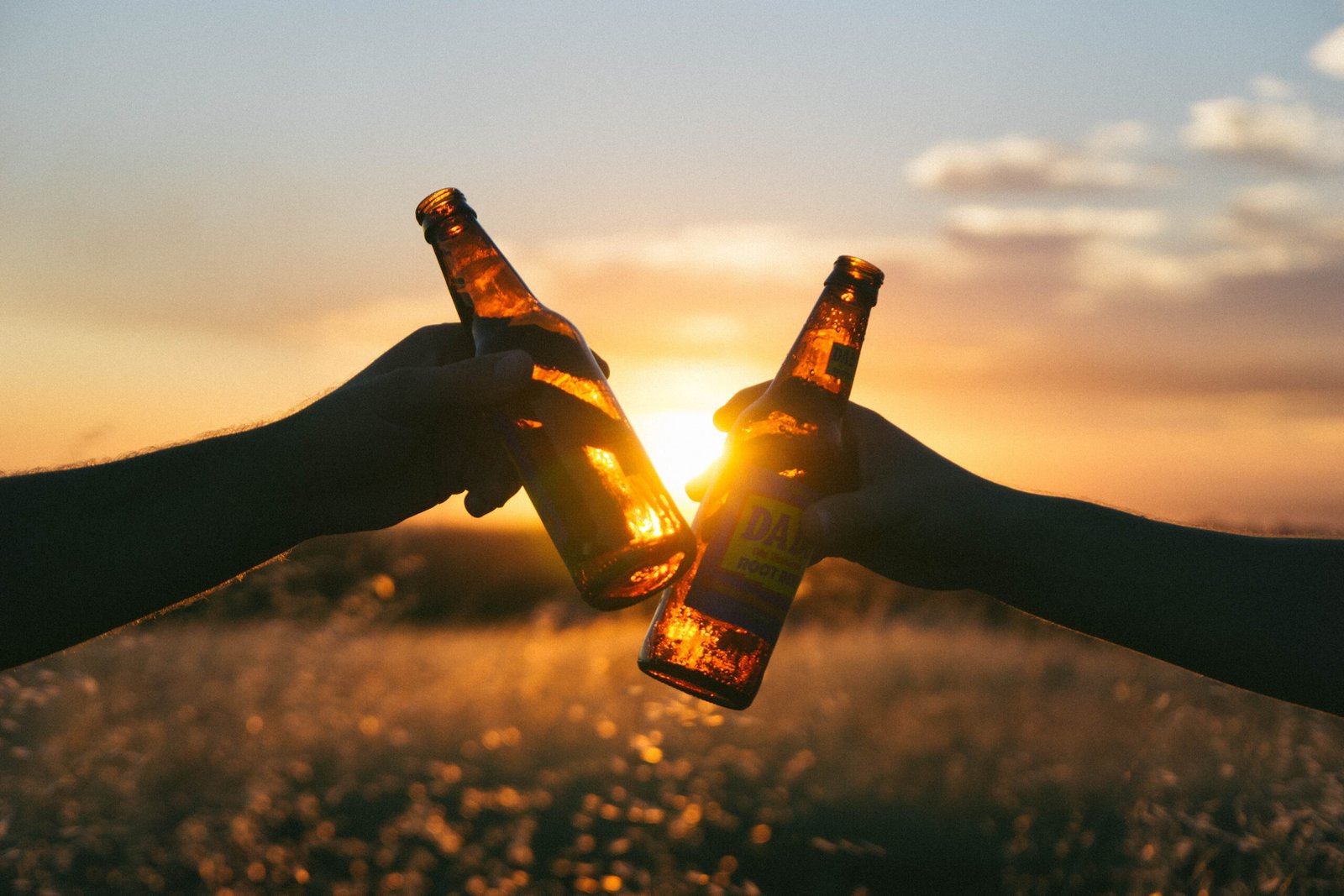The Alcohol Might Not Be Flowing, But Your Cash Will Be
In the year ahead, we’re bringing you 12 fresh and fun money-saving challenges to try in 2024.
As a stereotypical bottomless brunch lover and at-home cocktail enthusiast, Dry January has never appealed to me. I always thought it to be a boring way to reduce alcohol intake. But each year, many individuals begin the wellness journey known as Dry January. This annual tradition challenges participants to abstain from alcohol for the entire month, offering a fresh start and a chance to reassess one’s relationship with alcohol.
Once I started thinking about it more, I found fewer reasons not to (at least try to) participate. Always the savvy saver, I realized that even if you’re not keen on the idea of parting with your Saturday bottomless brunches or weekly celebration of wine Wednesday, Dry January can offer another type of wellness—financial wellness.
Let’s take a look at the origins of Dry January, the motivations behind its growing popularity, and uncover the numerous benefits associated with this sobering challenge.

What is Dry January?
Dry January is a health and wellness initiative that encourages people to abstain from consuming alcoholic beverages for the entire month of January. Originating in the United Kingdom in 2012, the movement gained traction worldwide. Now, millions of people participate each year. The concept is simple in concept (though sometimes harder in practice): commit to a month of sobriety to reset habits from the holidays, reevaluating one’s relationship with alcohol, and jumpstart a healthier lifestyle.
Why Do People Participate in Dry January?
There are many different and complex reasons people participate in Dry January. Many use it to counteract the excesses of the holiday season, using it as a much-needed detox following weeks of overindulgence. While the price of alcoholic beverages might mount up, some see it as a chance to save money. In addition, some people take part in Dry January as a challenge to themselves, demonstrating their ability to control their habits with self-discipline.
One of the most important things about Dry January is that it may raise awareness about alcohol use. Individuals frequently acquire new perspectives on their drinking habits, recognizing times when they use alcohol as a social enhancer or a crutch. People may make educated judgments about their relationship with alcohol and lay the groundwork for future healthy choices by addressing these habits head-on.
What Are the Benefits of Dry January?
The advantages of taking part in Dry January go beyond the short-term health benefits of giving up alcohol. Better general health is one of the main benefits. Since alcohol is known to affect many body systems, abstaining from it for a month can improve mental clarity, energy levels, and sleep quality.

Kicking off the new year by kicking alcohol has been linked to improvements in health, like:
- Weight loss
- Better sports performance
- Better sleep
- Better sex
- Longer lifespan
By taking alcohol out of the picture, people are also better able to comprehend how it affects their mental health and decide how much of it to include in their life.
There are clear social benefits as well, because Dry January gives folks an opportunity to meet other like-minded individuals who are also working toward sobriety. Friendships made along the way can provide motivation and support, creating a feeling of community that goes far beyond January.
Your Bottom Line
Taking on the Dry January challenge offers a plethora of persuasive financial advantages in addition to a revitalized sense of wellbeing. Giving up alcohol for a month can bring a significant decrease in total spending. The absence of bar bills and liquor shop receipts is only one factor contributing to the boost in your budget; another is the impact of better decision-making. People who are level-headed and concentrated are more likely to refrain from impulse buys and pointless pleasures.
Be careful not to take your would-be savings and splurge elsewhere. One idea to help? If you have linked checking and savings accounts that offer unlimited money transfers at no extra cost, each time you decline an alcoholic drink, transfer the amount you would have paid to your savings account. If you don’t have free unlimited transfers, you can easily make a note each time in your phone. At the end of the month, make sure you transfer the total amount over to your savings.
Adopting a sober start to the year improves one’s own health and creates a favorable financial domino effect that paves the way for future financial success.
Embracing the idea of Dry January presents a special chance for introspection, development, and enhanced wellbeing as we bid adieu to the celebrations of the previous year. Whether driven by a goal for personal growth, financial stability, or better health, participants in Dry January discover that they are moving toward a more thoughtful, healthy way of living. As month unfolds, the advantages of this challenge can leave a lasting impact that extends far beyond the first month of the year.
Don’t forget to check out the latest near the end of each month, when we’ll post our fun money-saving challenge for the month ahead!
